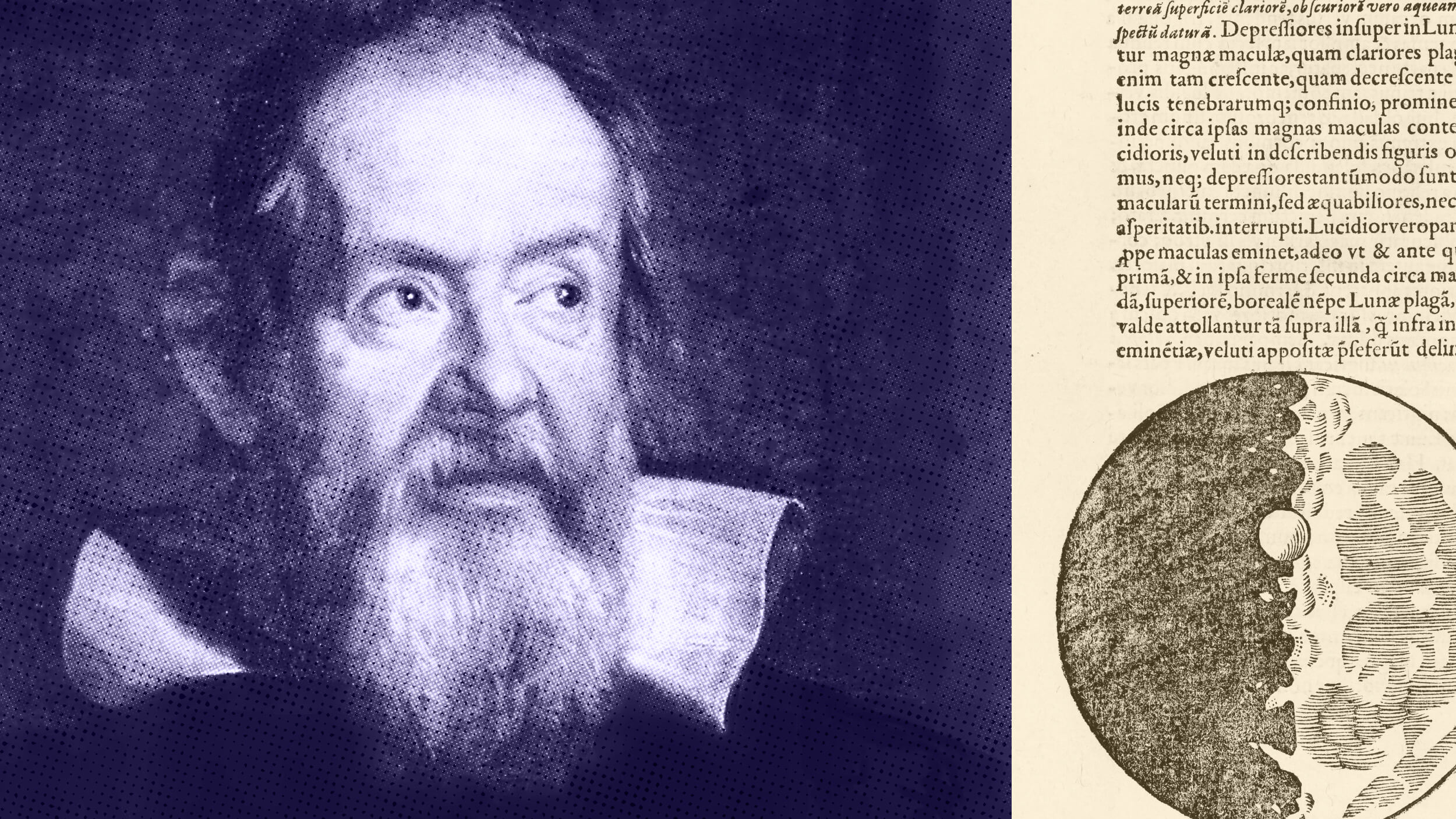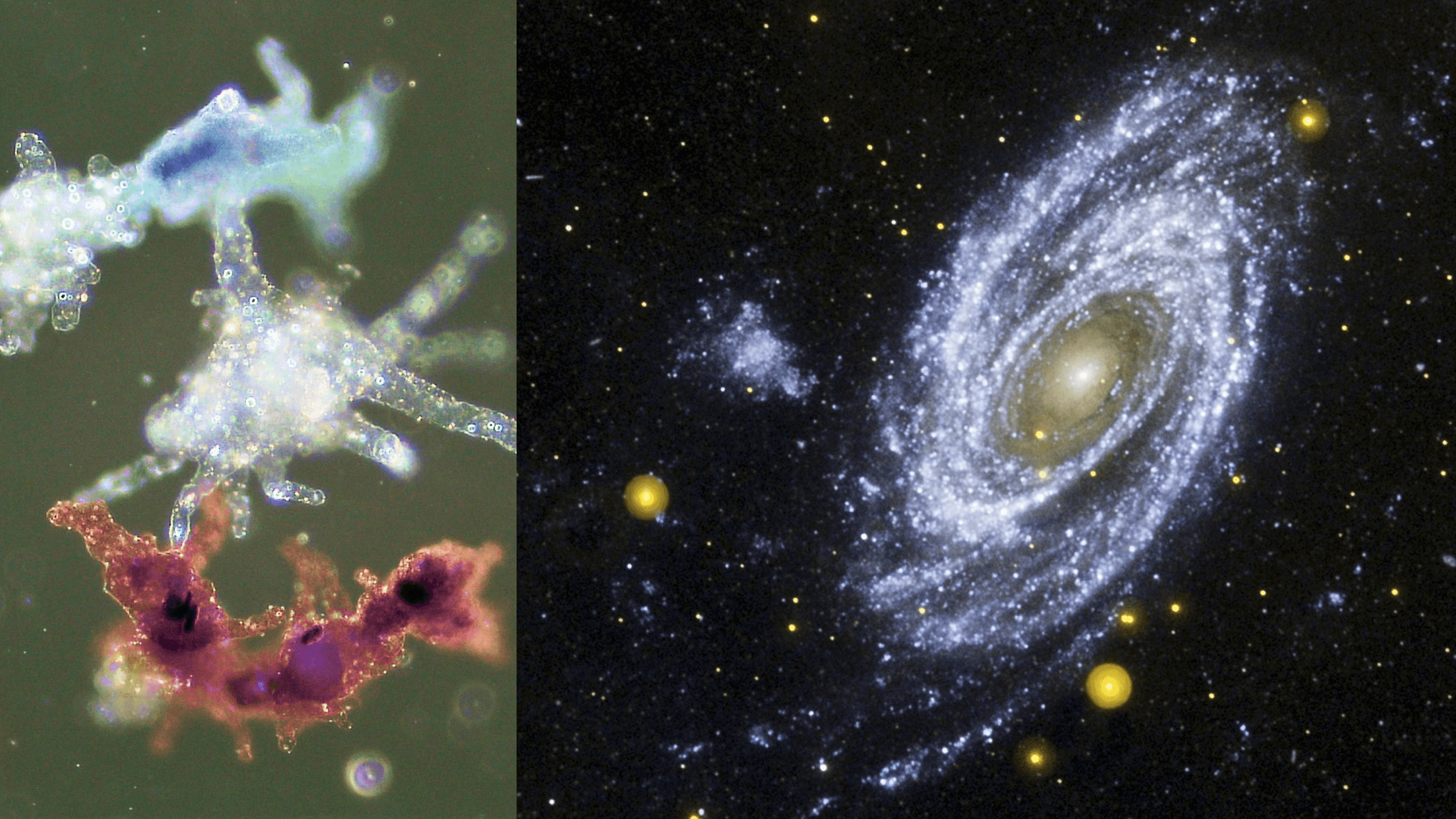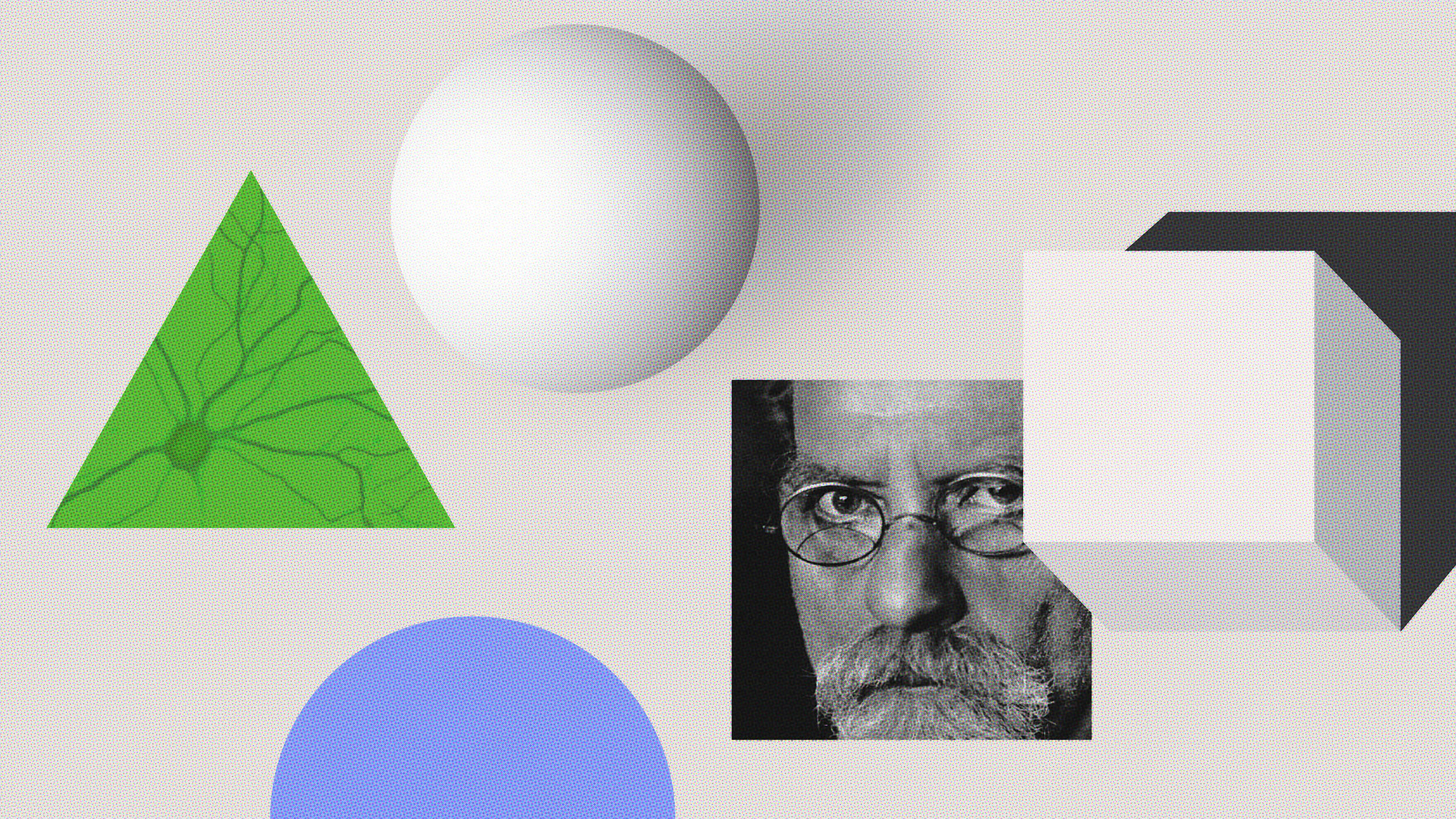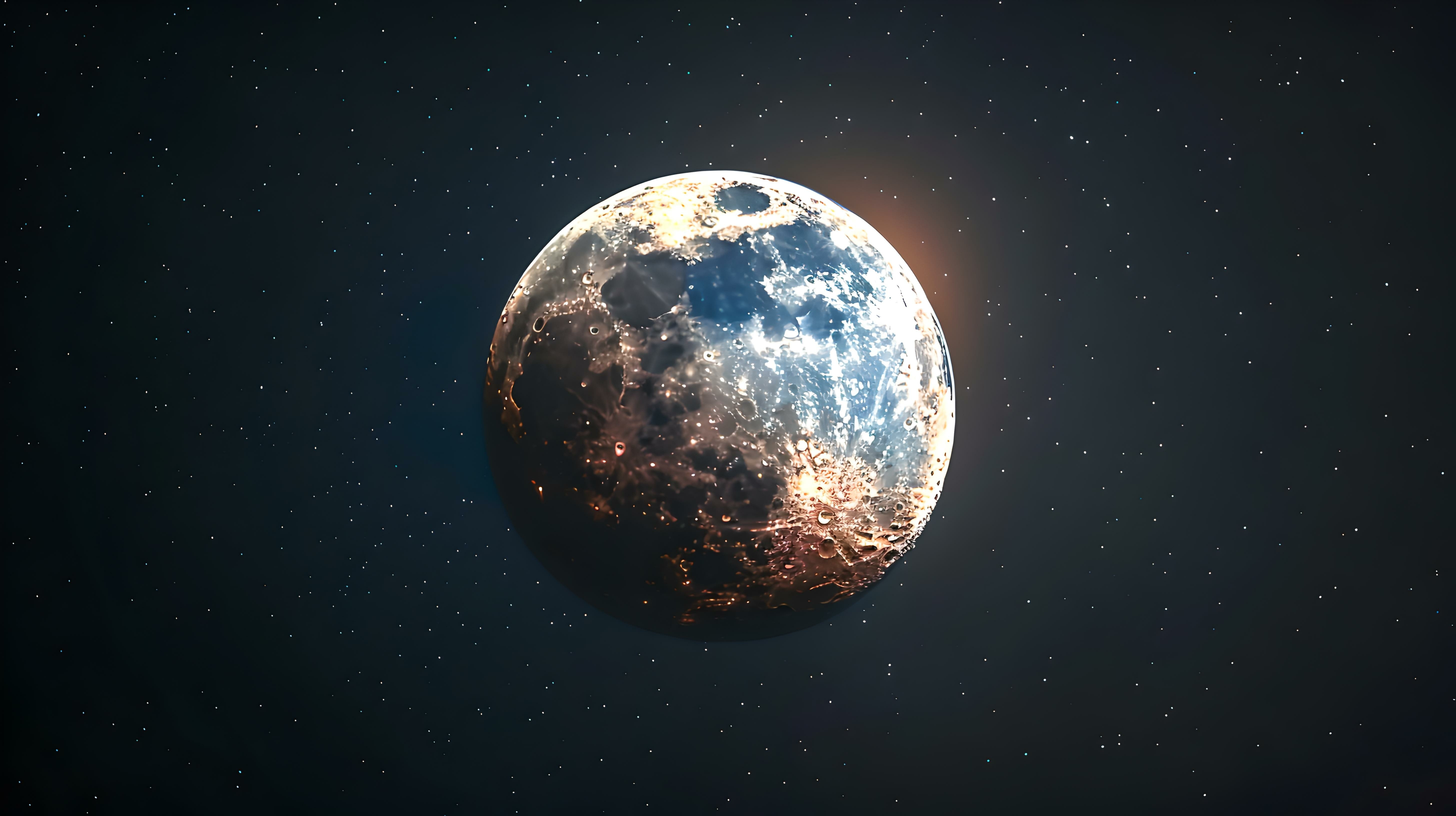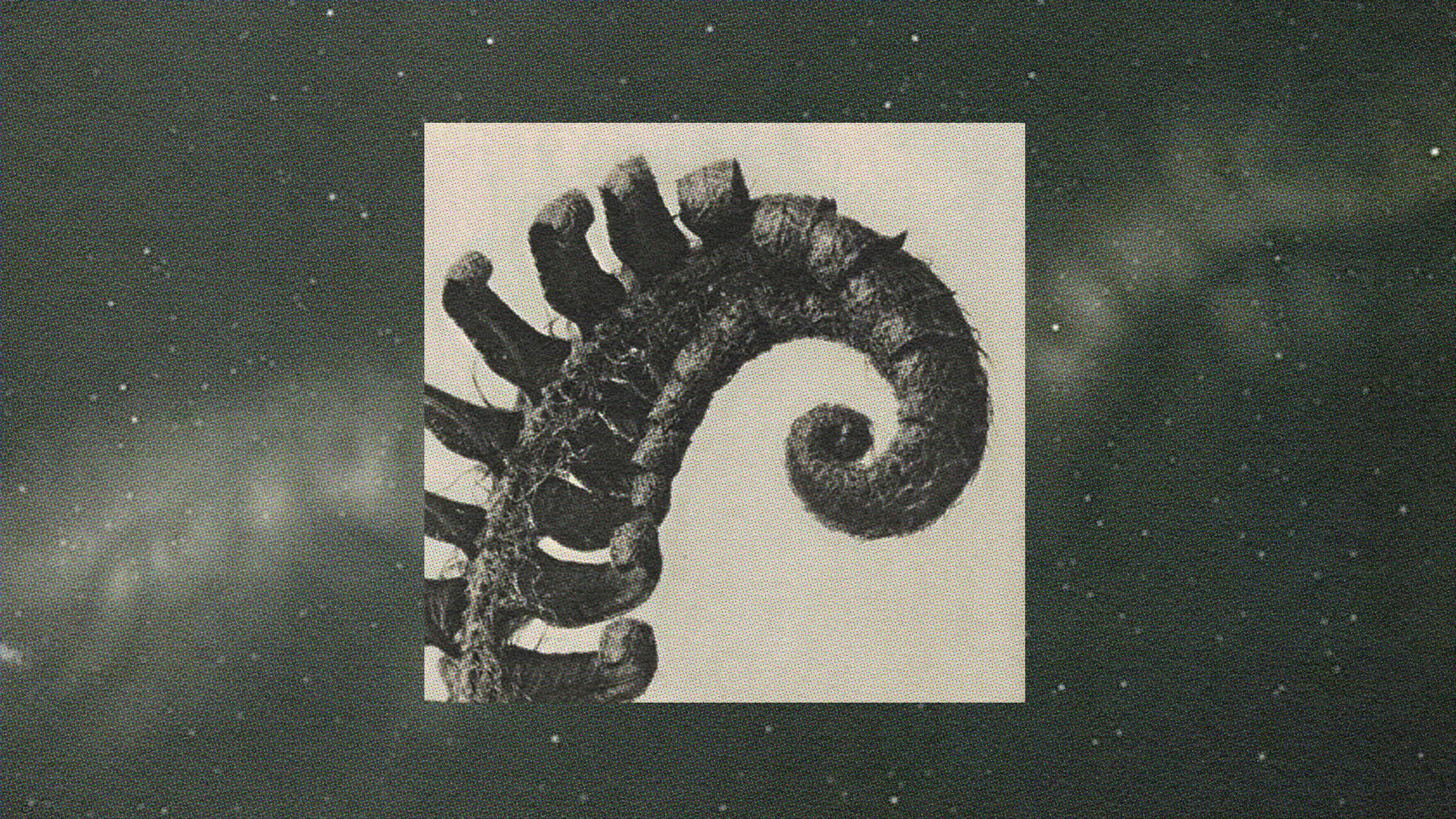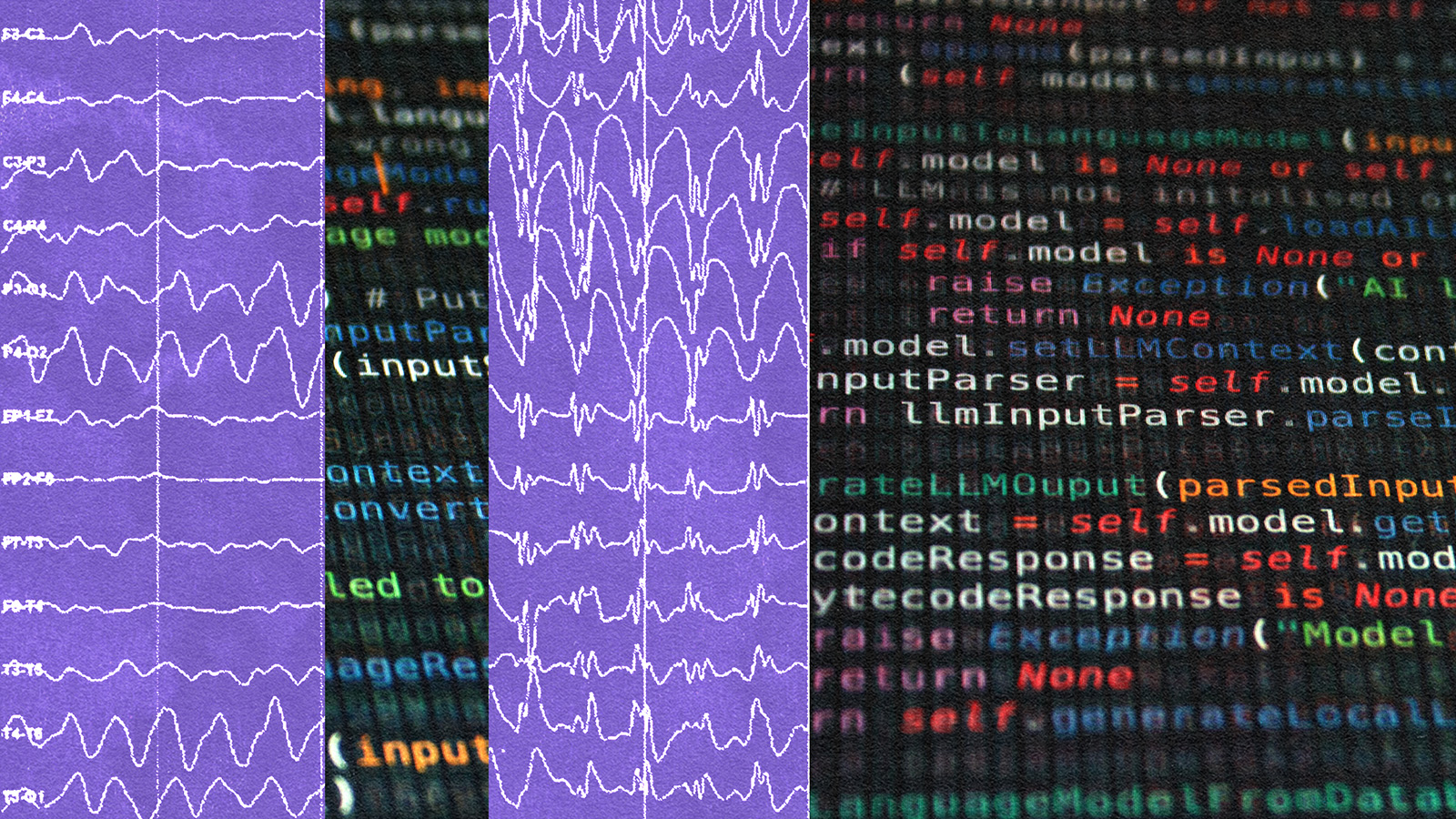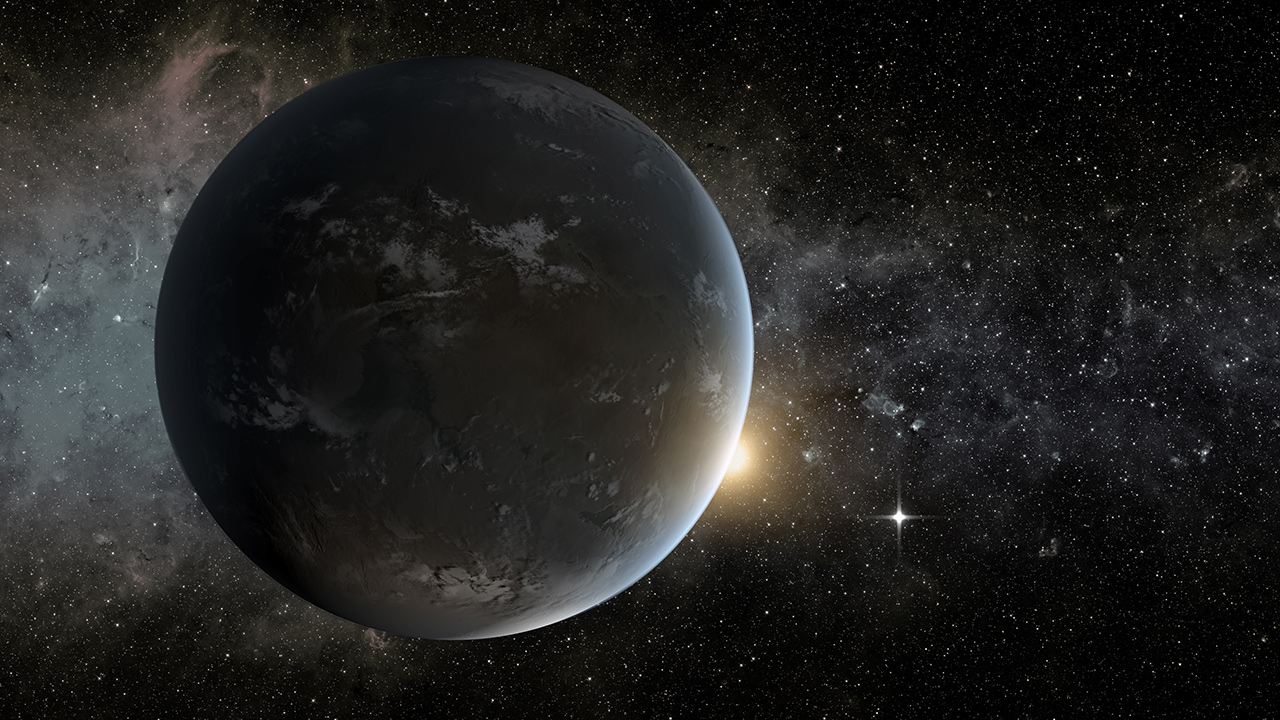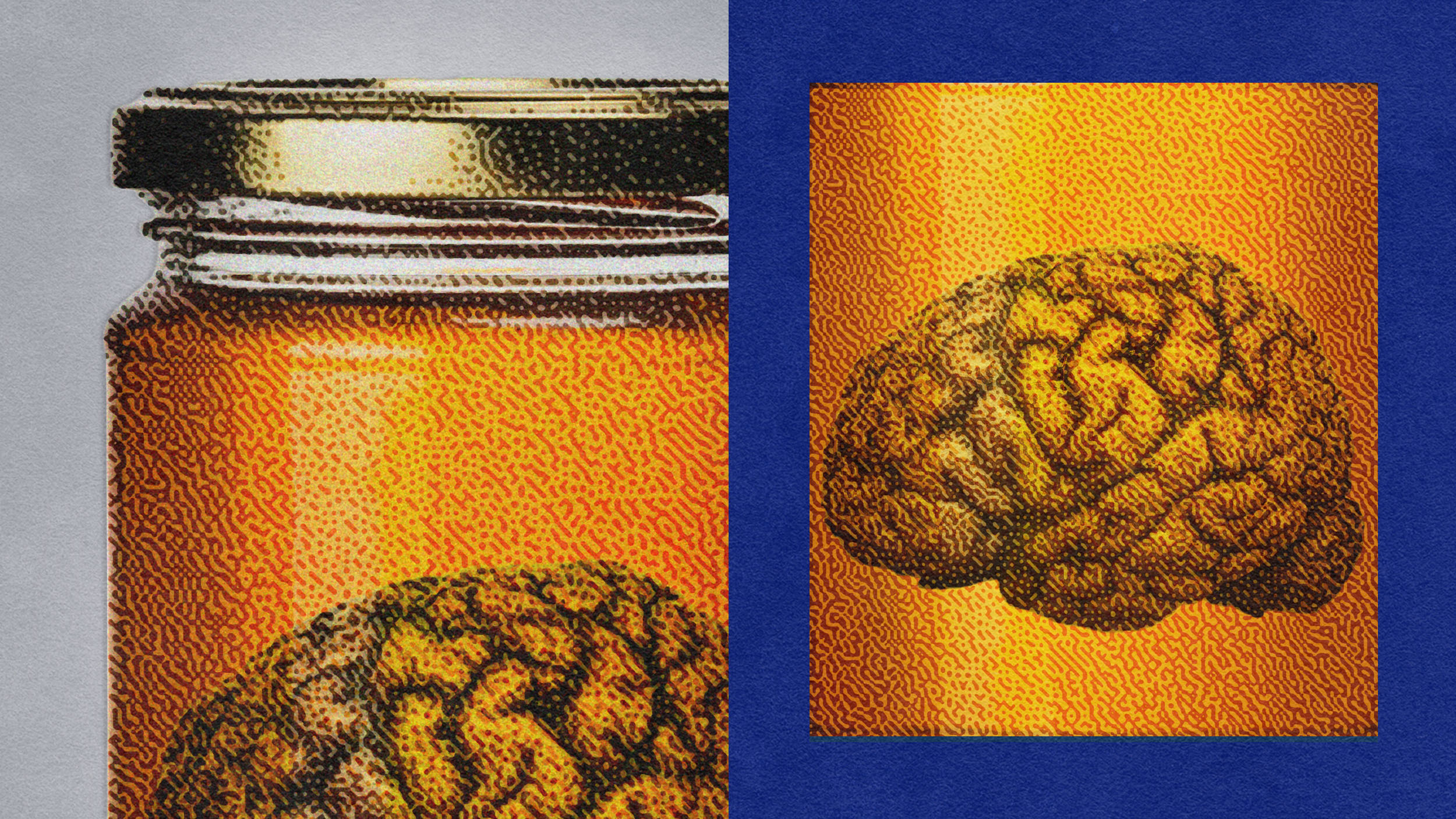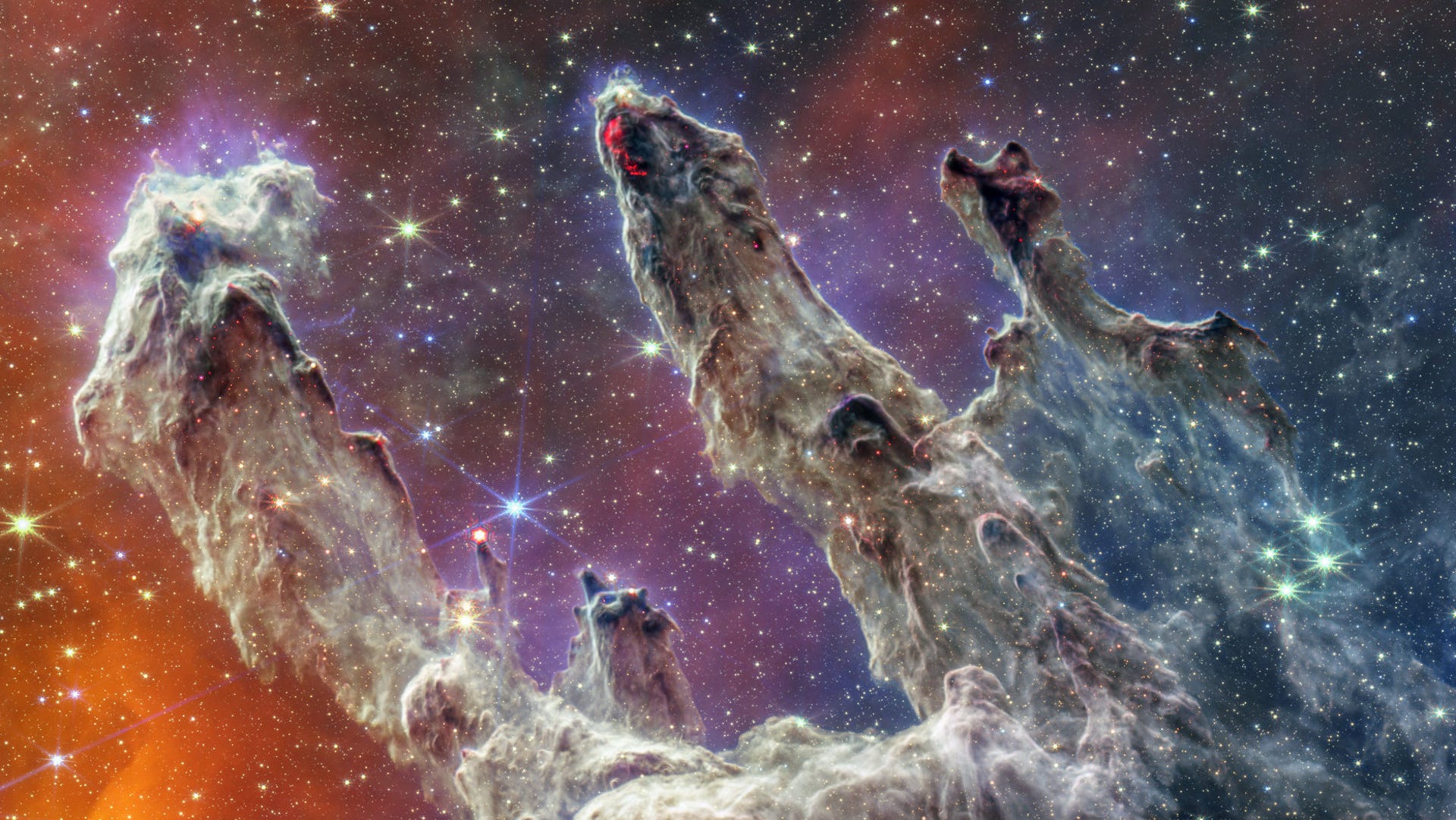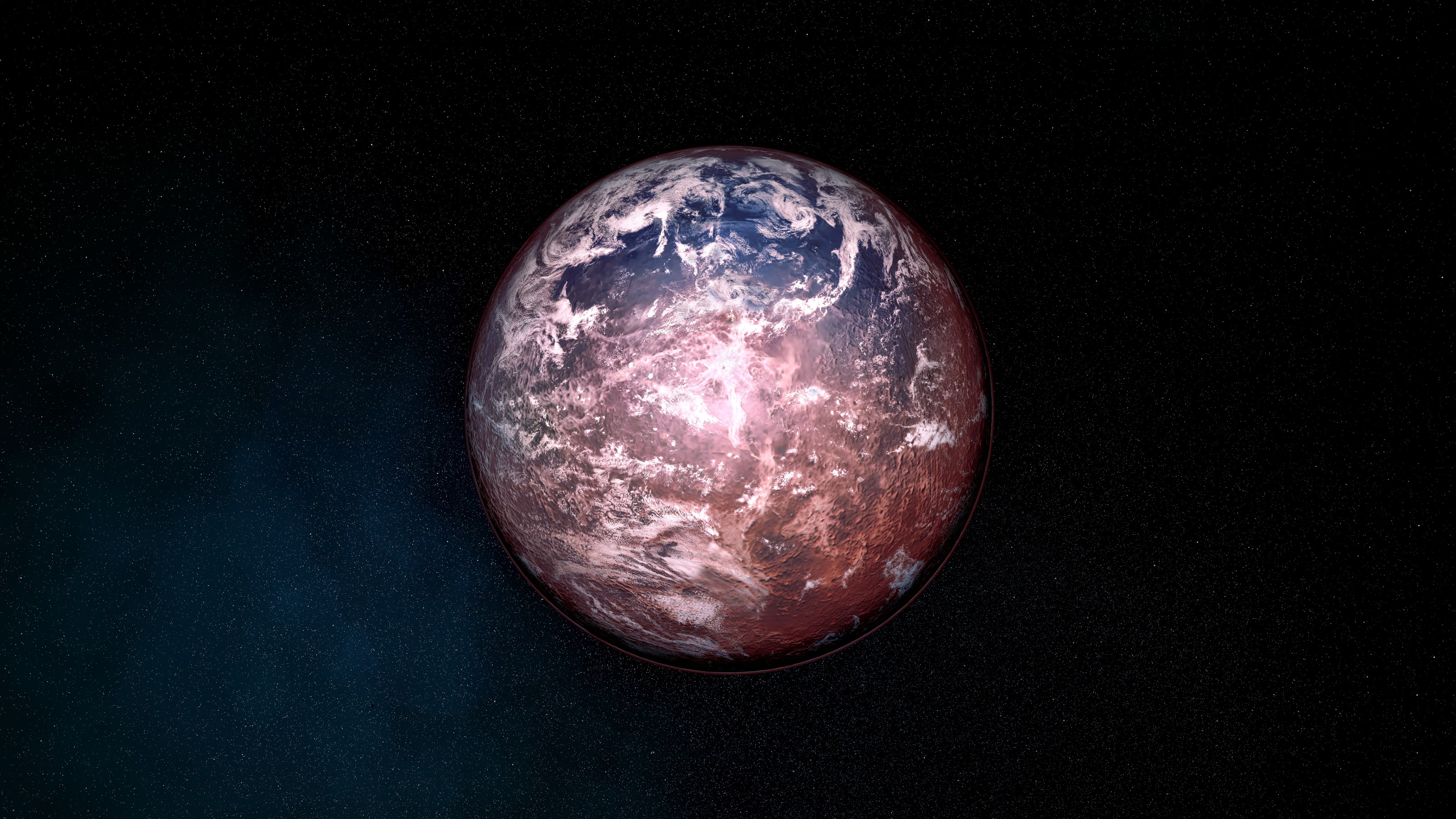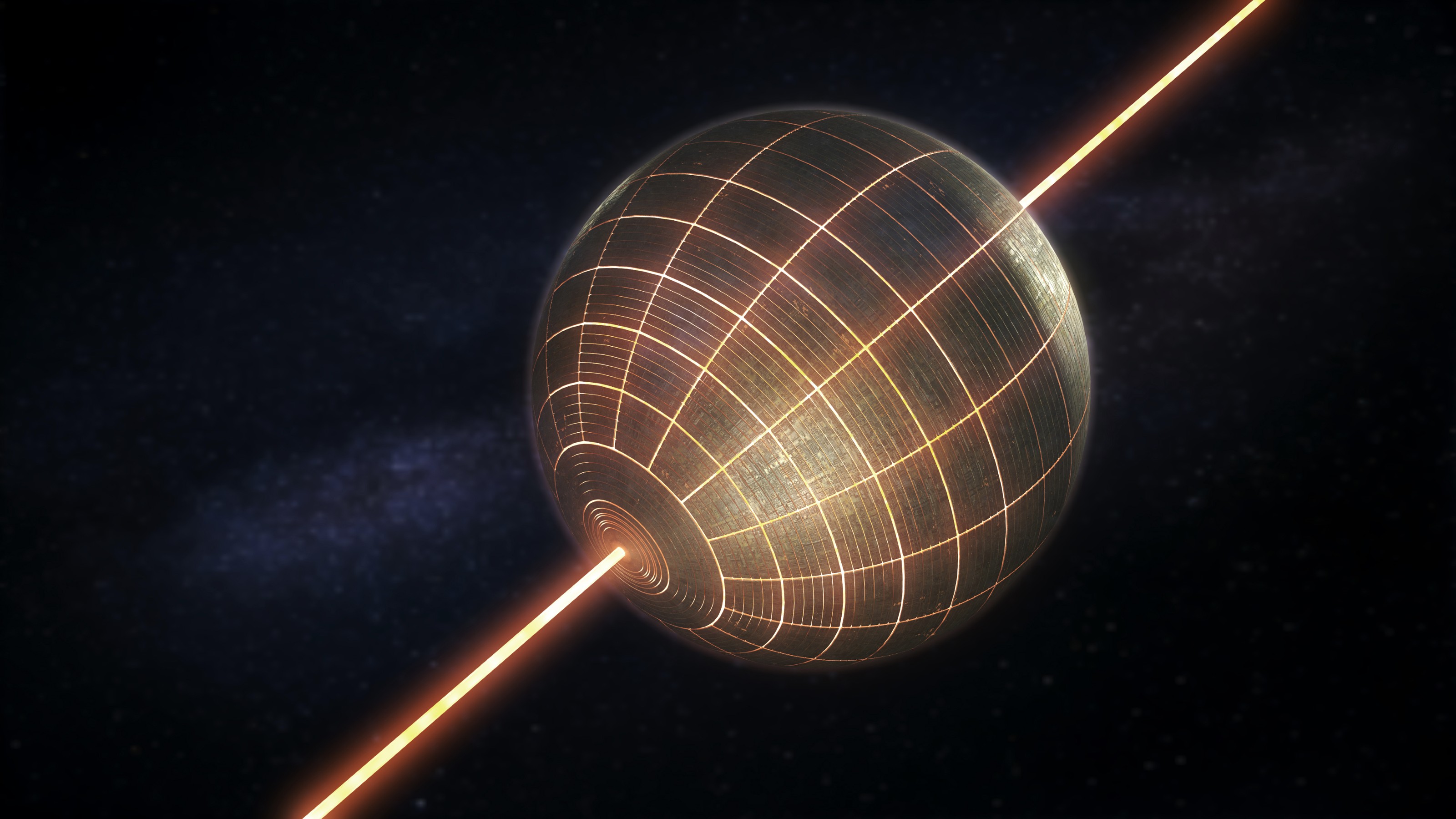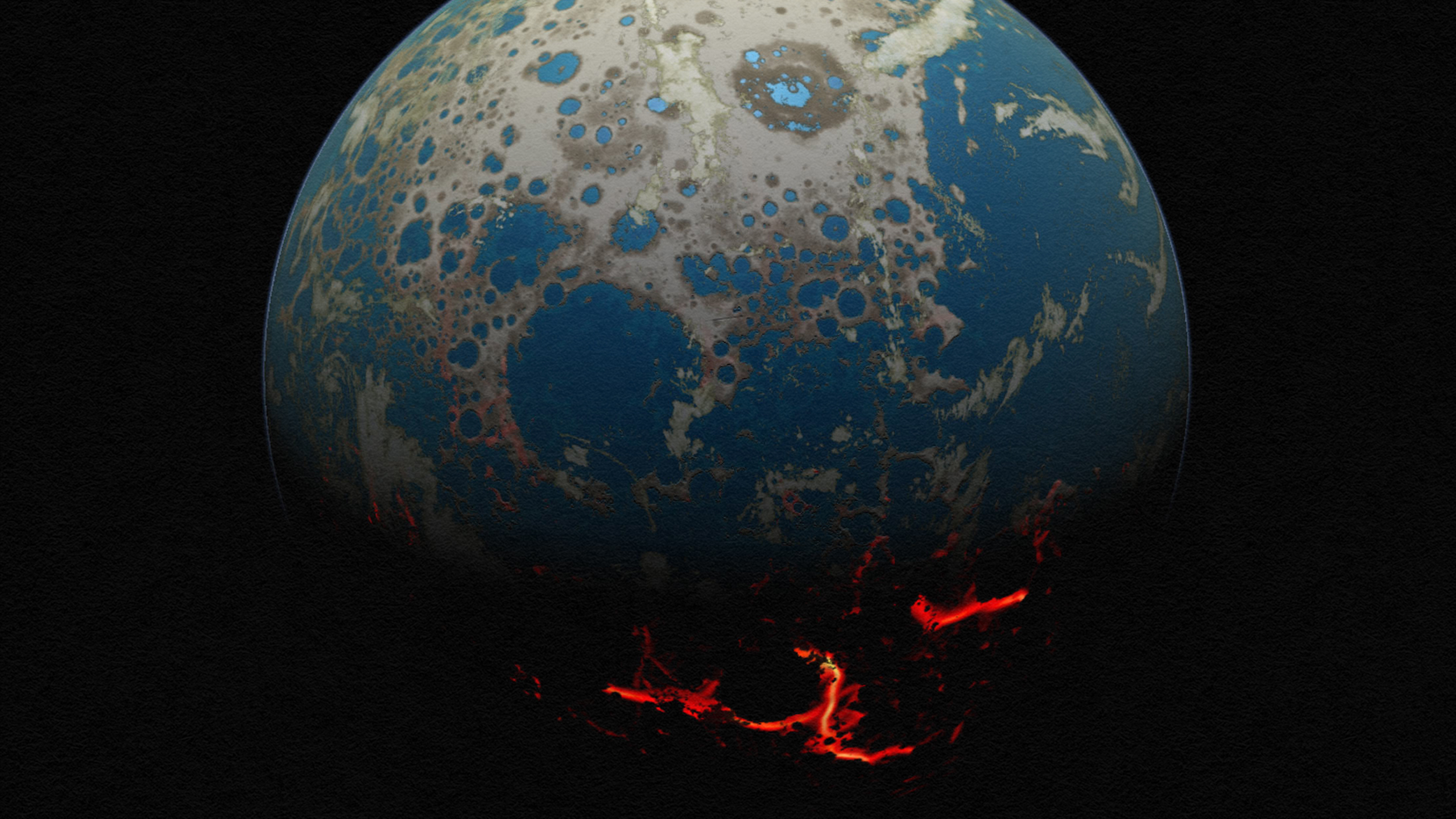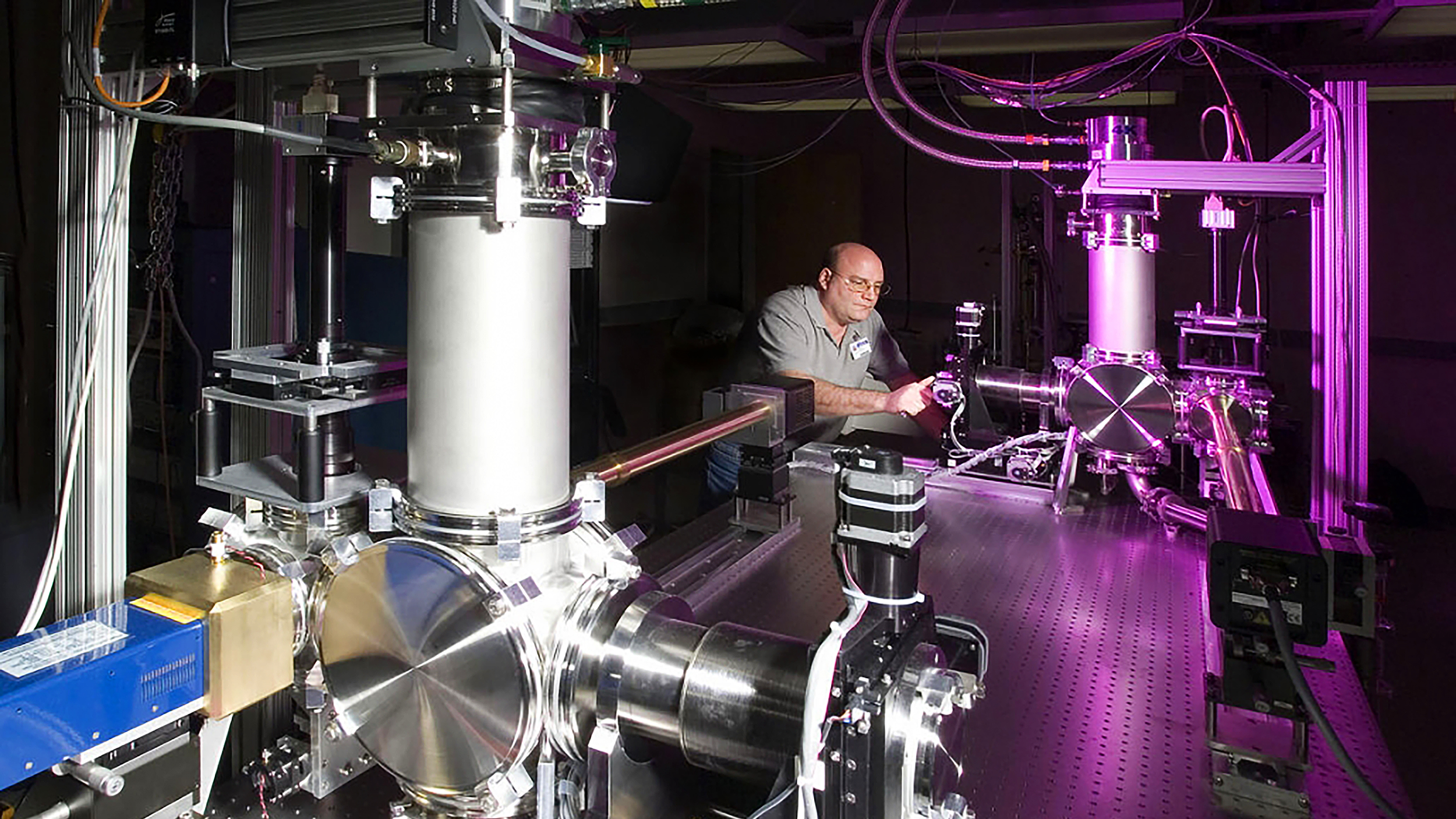Adam Frank
Astrophysicist
Adam Frank is a professor of astrophysics at the University of Rochester and a leading expert on the final stages of evolution for stars like the sun. Frank's computational research group at the University of Rochester has developed advanced supercomputer tools for studying how stars form and how they die. A self-described “evangelist of science," he is the author of four books and the co-founder of 13.8, where he explores the beauty and power of science in culture with physicist Marcelo Gleiser.

The problem for galactic-scale civilizations comes down to two numbers.
“I was stunned. Here in front of me was the original apparatus through which a new vision of the world was slowly and painfully brought to light.”
We need a “theory that explains the evolution of evolution,” argues theoretical physicist Sara Imari Walker.
Astronomer Adam Frank asks: With so many extraordinary claims, why can’t anybody produce the proof?
How did life on Earth begin? Is there life on other worlds? An answer to either question will reflect heavily on the other.
It’s deceptively tricky to distinguish living systems from non-living systems. Physics may be key to solving the problem.
By focusing on the role of human experience, we may uncover new insights on the fundamental structure of reality.
Finding life beyond our Solar System requires understanding its host planet.
In “Life As No One Knows It,” Sara Imari Walker explains why the key distinction between life and other kinds of “things” is how life uses information.
In the 1970s, James Lovelock proposed that the biosphere was not just green scruff quivering on Earth’s surface. Instead, it managed to take over the geospheres.
The Extremely Large Telescope (ELT) will have a light-collecting power 10 times greater than today’s best telescope.
Physicists have increasingly begun to view life as information-processing “states of matter” that require special consideration.
The future belongs to complexity.
33 years ago, the theoretical biologist Robert Rosen offered an answer to the question “Is life computable?”
In 2023, data from the James Webb Space Telescope soured hopes that TRAPPIST-1 c had an atmosphere. That disappointment might have been premature.
NASA’s minivan-sized drone is scheduled to search for signs of life on Titan in 2034.
Discover how Quantum Bayesianism challenges traditional quantum mechanics by focusing on the role of the observer in creating quantum reality.
Even with the best technology imaginable, you’d probably never be able to exist as a consciously aware brain in a vat.
A deep dive into the chaotic journey of star formation.
Here’s the case for why science can’t keep ignoring human experience.
Human civilization has always survived periods of change. Will our rapidly evolving technological era be an exception to the rule?
Big Think columnist Adam Frank makes the case for why the 2023 video game Alan Wake 2 is a boundary-pushing piece of art.
Explore how QBism reframes science by placing the observer at the heart of quantum reality.
The answer is set to change in the year 2113, a recent estimate suggests.
Fire was crucial to the evolution of human technology. That’s why alien species stuck in the “oxygen bottleneck” may be forever primitive.
These theoretical megastructures represent one way an advanced civilization might harvest energy from stars.
Looking back on our planet’s early history offers a new (and less crazy) meaning for the idea of a “flat Earth.”
“I grew up in New Jersey in the 1970s and that experience gave me everything I needed to become a skeptic.”
Light can be turned into heat, which can then be turned into motion, and the effect of that motion can be turned into a big squeeze.

